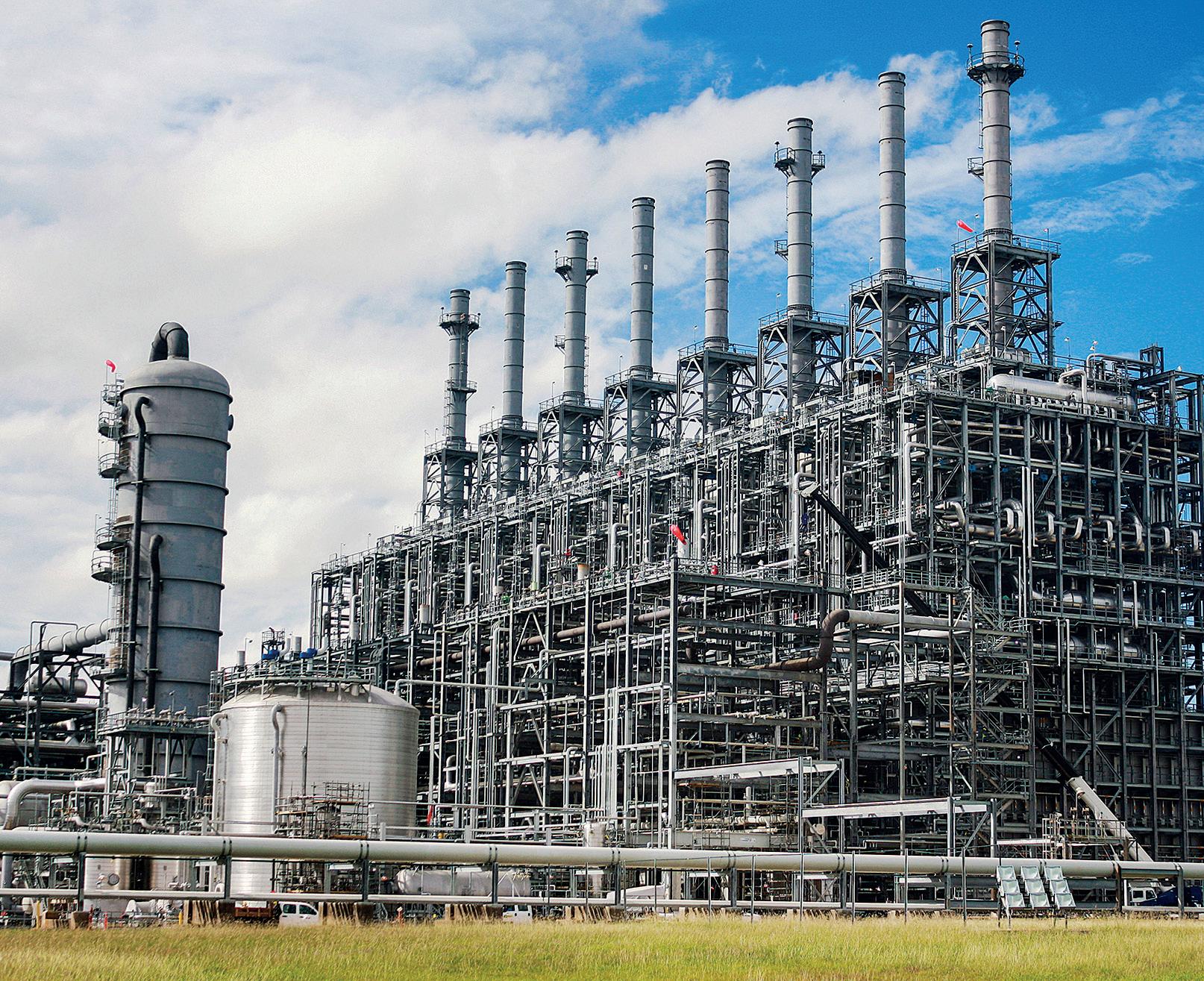
3 minute read
CFATS reauthorisation passes
DOWN TO THE WIRE
CFATS • ACHIEVING HIGH LEVELS OF SECURITY AT CHEMICAL FACILITIES NEEDS INDUSTRY AND GOVERNMENT TO WORK TOGETHER, SOMETHING THAT CONGRESS HAS STRUGGLED WITH
THE INTRODUCTION OF the Chemical Facilities Anti-Terrorism Standards (CFATS) in 2007 by the US Department of Homeland Security (DHS) was one strand of a wide range of security legislation developed in the wake of terrorist attacks on the US. It was initially regarded with some suspicion by companies operating in the chemical supply chain but, over the years since, it has become regarded as a very useful piece of legislation that provides a clear framework for operators to protect their assets.
So there was no little concern within the US chemical industry when the deadline for reauthorising the CFATS programme in April 2020 crept closer. The current US administration is averse to imposing an unnecessary regulatory burden on industry and representative trade associations had to lobby hard to try and persuade Congress to reauthorise CFATS.
As it happened, Congress wavered in late March, agreeing a three-month extension to the programme, although this only served to push further back any meaningful reauthorisation. At the time, Eric R Byer, president/CEO of the National Association of Chemical Distributors (NACD), said: “CFATS is vital to ensuring the chemical industry and regulators work together to keep our nation’s chemical facilities secured against potential acts of terrorism, and its continuation is a critical component of the broader US national security strategy. While NACD welcomes a CFATS extension of three months and five days to get us beyond the April 18 programme deadline, our industry needs a much longer programme authorisation to ensure both regulators and industry leaders alike have the certainty needed to administer this programme.” CUTTING IT FINE As the revised 23 July deadline approached, lobbying picked up again but the process went to the wire, and it was only on 20 July that the House of Representatives passed the necessary legislation. Byer said at the time: “NACD is thrilled the House unanimously passed legislation reauthorising CFATS for another three years. Since 2007, this programme has been woven into the fabric of the chemical distribution industry, ensuring high-risk facilities work with DHS regulators to put measures in place that protect against potential acts of terrorism.
“Over the years, NACD and its member companies have worked tirelessly not only to implement CFATS, but also to ensure it remains a fixture in the United States’ national security strategy. The programme has given chemical distributors the certainty needed to make important security investments at their facilities, which is both good for business and an important component in keeping our communities secure.”
Indeed, the legislation was signed into law by President Trump only on 22 July. Byer’s words were echoed by Kathryn Clay, president of the International Liquid Terminals Association (ILTA), who said: “CFATS plays a critical role in maintaining our nation’s security, and ILTA’s members appreciate the diligence with which the Department of Homeland Security’s Cybersecurity and Infrastructure Security Agency (CISA) administers this vital programme. Maintaining the security of our nation’s chemical facilities is a critical mission, and ILTA encourages future Congresses to consider even longer-term reauthorisations for the CFATS programme.
“ILTA members and CISA share the common goal of ensuring chemical facility security by guarding against potential terrorist threats. CFATS works to set appropriate standards for all high-risk chemical facilities, helping to keep facilities and communities safer. ILTA looks forward to continued work with CISA to ensure that these standards are based on the best science available related to the physical properties of covered chemicals.”
Attention will now turn to 2023, when further reauthorisation will be required.









